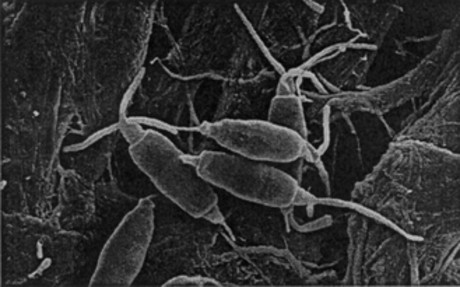In light of the inevitable, irrecyclable mounds of waste that lie on and beneath our Earth’s surface, Rainforest Expedition and Laboratory scientists at Yale University, along with their biochemistry professor, have discovered a fungus in the Amazon Rainforest that’s diet consists of purely plastic, more specifically, om-noming the heck out of polyurethane trash.
The fungus, whose compound is named genus: Pestalotiopsis, species: microspora, can survive in sub-zero oxygen level conditions, again, eating only the plastic makeup–a potential savior to Earth’s current waste problem.
The Yale mission initiated a more creative way for students to learn, and their methodology proved effective after these unique findings–leading us to believe our current world’s state might not be so detrimental after all (not to say it is particularly good shape).
Normally the plasticity lasts for-, well, forever; plastic recycling solutions, especially for the polyurethane makeup, are rarities. The fact that something existing already in nature lives to serve the purpose of dissolving polyurethane, well, that just says a lot about how diversified and evolved the Earth really is, and just how much more we have to find!
(via Fast Coexist; photo via Captain Planeta)




